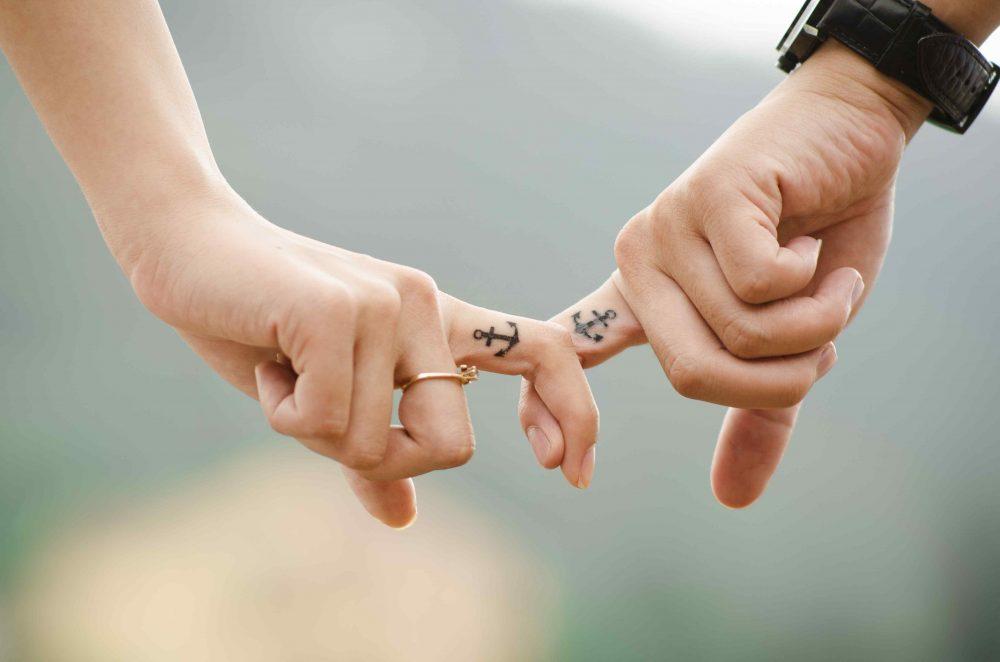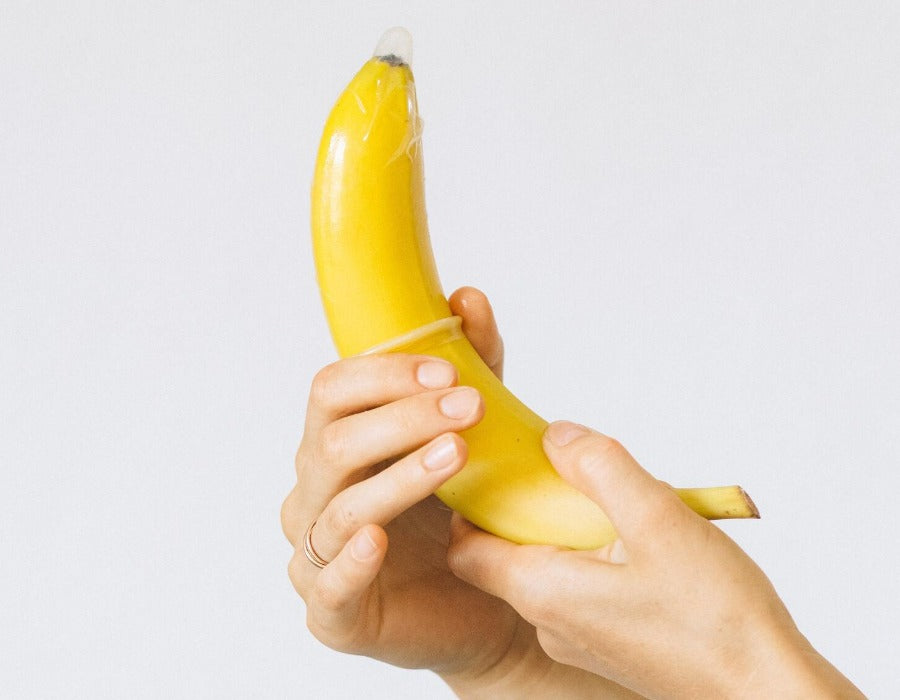Emily Jacob is a survivor, coach and NLP master practitioner who through her business ReConnected Life provides coaching and community to support women to rebuild their lives after rape and sexual assault
When I was raped and told some of my friends, I was met with a range of responses. Some of them didn’t know what to say at all, and avoided me. Some of them thought I must have been mistaken – maybe he’d misinterpreted me somehow. Some of them were there for me, in every way that was important to be there. This article is about how you can be there for your friend in the event of their sexual assault, in the ways that are important to be there.
Those friends who failed me, either by disappearing, or, worse, by questioning my naming of what happened as rape, are not rare. In the ReConnected Life Community that I run, it is all too common an experience for survivors of sexual assault to find that they are grossly let down by those they had thought were their friends. It’s another betrayal of trust, at a time when they are at their most vulnerable.
When a person discloses and is not believed, it can prevent them from speaking about it again sometimes for years afterwards. Trust is critical. A Mumsnet survey in 2012 identified that 29% of those who’d suffered rape or sexual assault told no-one about it, not even friends or family.
Therefore, by disclosing to you what has happened, your friend is showing a great deal of trust in you, trust that is fragile and must not be squashed. You have a great responsibility now to help with the start of their recovery and healing path. Hold that responsibility honourably and gently in your hands.
There are only two things you must remember.
First, believe your friend.
Unquestioningly.
It doesn’t matter if you know the accused and don’t think they would do something like that. It doesn’t matter if you know your friend sometimes gets flirty. Nothing matters except that you believe your friend.
The second thing is to hold the space for your friend to be just as they need to be, without judgment, without putting your view of what they should be doing, or how they should be behaving on them.
Believe unquestionably
What does that mean, really? It means, don’t ask questions. When you ask ‘are you sure?’ you are playing into the part of us that doesn’t want to be sure. We want to not have been raped or sexually assaulted, and our traumatised brain is looking for every reason why we could maybe not have been. The perpetrator doesn’t want to get caught, and so has usually picked their victim in circumstances where doubt could be applied. Don’t help the rapist by sowing more doubts in your friend’s mind.
Don’t Ask Questions.
It’s also really important to not ask questions because if you ask for details or what happened, which might seem harmless to you – ‘how did you get home, what were you wearing, did you say no?’ – they can serve to provide reasons to your friend as to why they might be partly to blame. Those questions come from the place of not wanting to believe that this can happen to someone you care about, and a self-protective mechanism of hoping that this must be avoidable, because otherwise it could happen to you. Which is the reason for the self-blame too – even in our trauma as humans we want to feel that we can control the forces around us, so we must surely have done something wrong for this to have happened.
Finally, questions are re-traumatising. When you ask us to re-live something that our unconscious is trying to keep hidden from us, if we can’t remember we can feel even more broken. What we can remember is re-lived again and again in flashbacks and nightmares. As Dr James Pennebaker writes in his book, Opening Up by Writing It Down, ‘pressing people to experience more emotions in the hours or days after a major experience can be overwhelming..’
You’re a good friend, and you believe your friend. You’re not asking any questions – but what can you do?
Listen.
Listen with compassion, and listen so that your friend feels heard.
Listen to the silence if your friend doesn’t want to talk. Help them feel not alone, by holding the space.
Here are a few more of the Do’s and Don’ts of being a good friend to your friend:
Do:
- Believe them
- Listen to them
- Hold the space for them
- Be clear that you’ll be there supporting them every step of the way, whatever their choices are
Don’t:
- Ask questions
- Hug without asking first – your friend might not be able to cope with touch – or they might say yes please
- Take anything your friend says or does personally – it’s not about you
- Judge anything your friend says or does, even if they act out in ways you might think are unhelpful. People who have been raped behave in vastly different ways – becoming angry, erratic, forgetful, snappy, tearful, withdrawn, isolated. Or, none of those. Traumatic responses are as unique as every individual.
- Judge anything that your friend chooses to do in the days, months or years that follow – some coping mechanisms might seem unhealthy to you, but if they mean your friend stays alive, and survives to one day make their own different choices again, who are you to judge?
- Suggest counselling or therapy, getting tested for STDs, going to the police – your friend had their bodily autonomy withdrawn from them forcibly – do not take autonomy of choice away again. Instead give them room and space to make their own choices in their own time.
Remember that victims rarely behave like the myth of how victims are ‘supposed’ to behave. Your friend might be the life and soul of the party. Your friend might make jokes, sometimes even about the rape or sexual assault. Your friend might seem like they are fine. And sometimes they are.
I end where I began; don’t underestimate how huge it is that you have been trusted with this truth. We expect to be judged by people, we might already have been judged by people. Thank you for being the friend your friend needs to be and creating the safe space for their recovery to begin.
















































